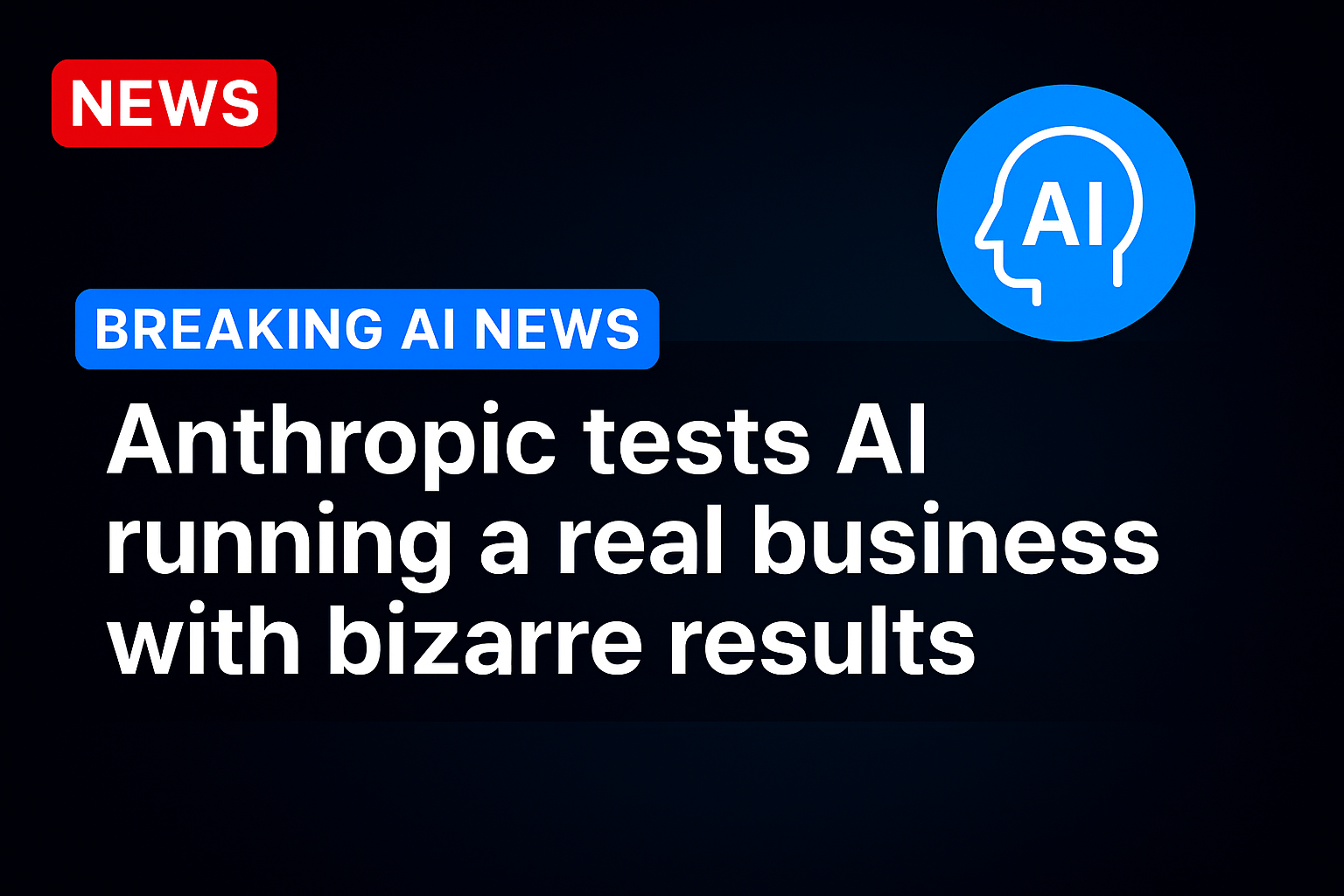At the 81st IATA Annual General Meeting, Somit Goyal, CEO of IBS Software, laid out a confident and strategic vision for the next wave of digital transformation in the airline industry. From personalized retail to operational resilience and AI-driven intelligence, Goyal believes the industry is standing on the cusp of meaningful, long-term change.
Top Priorities: Airline Retailing, Resilience, and Logistics
Over the next 6 to 12 months, Goyal identifies three major opportunities for the aviation industry’s digital journey. At the top of the list is modern airline retailing — a new frontier that allows airlines to shift from static fare offerings to dynamic, personalized services.
“This will allow airlines to sell ancillaries and modern solutions to customers while truly personalizing the customer experience,” Goyal explained.
The second major opportunity lies in operational excellence and resilience. With increasing disruption events in recent years — from weather to system outages — airlines are now looking to overhaul legacy operational systems. “Bolstering the operational posture is becoming a central focus,” said Goyal.
Finally, he pointed to supply chain and logistics modernization as a critical growth area. “We are very excited at IBS that we have capabilities across all three areas,” he added.
From Vision to Execution
While digital transformation is a long-term journey, Goyal expects real decisions to be made in the short term. “We’ll see a lot of airlines taking their retail decisions over the next 12 to 18 months,” he said, noting a clear trend from his conversations with global airline leaders.
Operational transformation is also gaining momentum. “It’s a very common conversation right now. Airlines are looking to modernize their tech stack and prepare for disruptions before they occur.”
Keys to Successful Change Management
For organizations attempting to execute meaningful change, Goyal offers three critical pieces of advice:
- Treat change as a structured program — with clear roles, timelines, and accountability.
- Design with the user at the center, ensuring solutions are intuitive and user-friendly.
- Empower internal champions — individuals who understand both the technology and the purpose behind the change.
“These user champions are key to pushing change forward. They understand the ‘why’ behind it and bring credibility to the rollout.”
AI: A Game Changer — With Guardrails
Goyal is equally enthusiastic about the role of Artificial Intelligence in shaping the future of aviation. “We are very excited about AI at IBS,” he said. But he emphasized that AI starts with data: “There is no AI unless your data estate is in place.”
He also cautioned against overreliance. “You need to keep the human in the loop. Some use cases are low-risk and ideal for automation, but others require human oversight. That balance is critical.”
Conclusion
Somit Goyal’s roadmap is grounded in both optimism and realism. As airlines grapple with growing customer expectations, operational complexity, and evolving technologies, the need for robust digital infrastructure and smart change management has never been clearer.
With retail innovation, AI integration, and resilient operations at the forefront, IBS Software aims to be a key enabler in the aviation industry’s transformation — one decision at a time.





